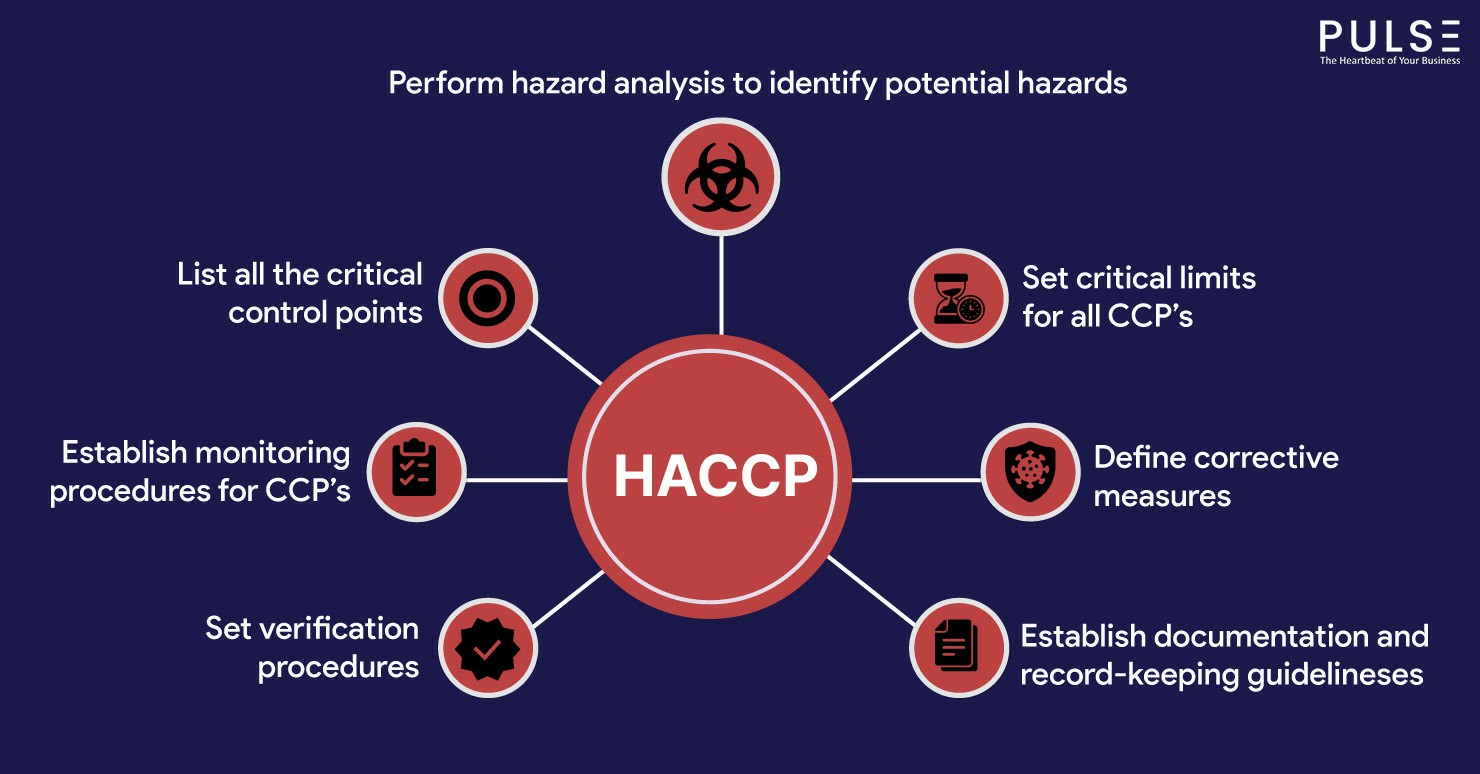Achieve Excellence in Food Safety: The Essential Guide to HACCP Certification Across Ireland
In the ever-evolving food industry, ensuring the safety and quality of food is non-negotiable. For food businesses across Ireland, from bustling Dublin to picturesque Galway, obtaining HACCP Certification is crucial for maintaining high hygiene standards and complying with stringent food safety regulations. This comprehensive guide explores the significance of HACCP training, its principles, how it benefits food businesses, and why it is essential for everyone involved in food handling.
Understanding HACCP: What Does It Mean?
HACCP, or Hazard Analysis Critical Control Point, is a systematic approach to food safety that helps identify, assess, and control hazards that may affect food safety. Recognizing that prevention is key, HACCP focuses on proactive measures to mitigate risks related to biological, chemical, and physical contaminants. Food businesses seeking compliance with Irish and EU food regulations must prioritize achieving HACCP certification as part of their operational standards.
The Importance of HACCP Certification
HACCP certification represents a commitment to excellence in food safety. Here are some of the critical advantages:
- Consumer Safety: HACCP training equips food businesses to effectively prevent foodborne illnesses, enhancing consumer trust and safety.
- Regulatory Compliance: Staying compliant with local and EU food safety regulations is easier with HACCP certification, reducing the risk of penalties or shutdowns.
- Hygiene Management: Proper hygiene practices are essential. HACCP training teaches food handlers how to maintain strict sanitation standards.
- Risk Assessment: Businesses learn to assess potential risks and establish critical control points to prevent contamination.
- Reputation Enhancement: Certified businesses can promote their commitment to quality, setting themselves apart in a competitive market.
Key HACCP Principles
To effectively implement HACCP, one must understand its seven core principles:
- Conduct a Hazard Analysis: Identify potential hazards that could jeopardize food safety.
- Determine Critical Control Points (CCPs): Establish points in the process where controls can be applied to reduce or eliminate hazards.
- Establish Critical Limits: Set maximum or minimum values (such as temperature) that must be met to ensure safety.
- Establish Monitoring Procedures: Develop methods for monitoring CCPs to ensure they remain within critical limits.
- Establish Corrective Actions: Define steps to take when monitoring shows a deviation from critical limits.
- Verification Procedures: Regularly verify that the HACCP system is functioning effectively.
- Record-Keeping and Documentation: Maintain detailed records of all procedures and monitoring activities to demonstrate compliance.
How HACCP Training Equips Food Businesses
Enrolling in a structured HACCP Training Course provides food businesses and their employees with essential knowledge and skills:
- Online HACCP Training: Flexible online courses are available for staff training, catering to different schedules.
- Interactive Learning: Practical case studies enhance understanding, enabling staff to apply theory to real-world scenarios.
- Level 1 & 2 Courses: Comprehensive courses (HACCP Level 1 & 2) ensure that all employees, from management to food handlers, are trained appropriately.
Compliance with Food Safety Regulations in Ireland
Food safety is regulated stringently in Ireland, with HACCP principles forming the backbone of these regulations. It is vital for businesses in cities like Cork, Limerick, Waterford, and Belfast to understand and implement HACCP processes to ensure they meet the required standards, avoid legal issues, and ensure public safety.
The Value of HACCP Certification for Restaurants and Catering Businesses
For restaurants and catering businesses, the stakes are particularly high as they handle food directly. HACCP training empowers these operations to:
- Prevent cross-contamination during food preparation.
- Maintain a hygienic environment in kitchens and serving areas.
- Implement best practices that adhere to consumer safety expectations.
Steps to Achieve HACCP Certification
Achieving HACCP certification may seem daunting, but it involves structured steps:
- Participate in HACCP Training: Enroll in a recognized training course to acquire foundational knowledge.
- Conduct a Hazard Analysis: Assess your food preparation and storage practices for potential hazards.
- Document Procedures: Create a detailed HACCP plan outlining your controls and monitoring systems.
- Apply for Certification: Submit your HACCP plan to a certifying body for assessment.
Conclusion: Invest in Your Food Safety Today
Investing in HACCP certification not only protects your customers but also safeguards your business reputation and success. With the clear advantages it offers, every food establishment in Ireland, especially in the cities of Dublin, Cork, Galway, Limerick, Waterford, and Belfast, should consider enrolling in a comprehensive HACCP Training Course.
Ready to elevate your food safety standards? Enroll in our HACCP training today or contact us at [email protected] for more information on how we can help!



 349,500 Offered Certificates
349,500 Offered Certificates
 24/7 Online Training
24/7 Online Training
 Money Back Guarantee
Money Back Guarantee
 Fully Accredited Courses
Fully Accredited Courses
